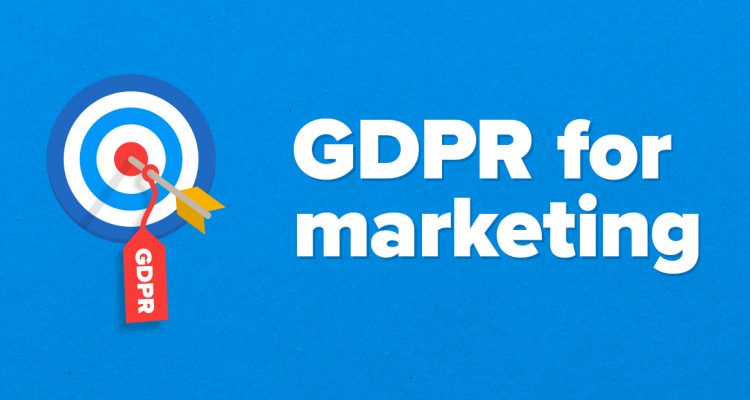In May 2016, the official regulations of the EU General Data Protection Regulations directive were published in all official EU languages. This new directive was expected to have a major impact on how companies were legally allowed to handle the data of EU citizens, sending some businesses into a panic. Many of their systems were non-compliant, and failure to follow these new regulations could result in a fine of either €20 million, or 4% of the company’s worldwide annual revenue of the prior financial year, depending on what was greater.
On May 25th, 2018, GDPR came into effect. While the impact of GDPR was undoubtedly great, it wasn’t quite the apocalypse businesses had been expecting.
In this blog, we’ll be unpacking how GDPR affected B2B marketers operations and what this means for their future.
Data Is No Longer An All-You-Can-Eat Buffet
The change that has undoubtedly has had the most impact on B2B marketing agencies is the issue of consent. Pre-GDPR companies didn't need an individual's permission to make use of their data. Post-GDPR, consent is required before companies can make use of an individual's person data.
There are GDPR regulations that make an exception to this rule, but only under specific circumstances. These regulations are not in place to give companies any kind of legal loophole, and they must ensure their motivation for making use of these regulations that bypass consent is based upon a solid legal argument.
Consent has shifted power back to the consumer, who not only has the right to decide if and how their information is used, but now also has the option to sell their data to marketing companies (even if the rewards don't look that fantastic at the moment).
Data Controllers Must Be More Specific On What They Want To Focus On
As a result of GDPR, data controllers need to change their approach from “I need all the data I can get my hands on” to “what data do I really need?”. As a result, many are embracing an approach known as data minimisation. Forbes defines data minimisation as:
Data minimisation refers to the practice of limiting the collection of personal information to that which is directly relevant and necessary to accomplish a specified purpose.
With just a brief look at this definition, it’s no surprise that many data controllers are embracing this concept: it directly aligns with the spirit of GDPR.
Companies Have The Opportunity To Grow Trust Through Increased Transparency
When news of the Cambridge Analytica data scandal first broke, it drove home the reality that there were people who were willing to use your personal data to try and manipulate you. This shattered consumer trust, and highlighted the need for stronger laws to protect individual’s data rights. Now GDPR has arrived to ensure EU citizens don’t fall victim to data exploitation ever again.
B2B agencies can look at GDPR as another list of checkboxes they need to tick to be legally compliant, or they can look at it as a guide to rebuild consumer trust. By ensuring consumers know what and why you are using their data for is the first step towards repairing the damage done, and could also be seen as a competitive edge. After all, would you rather do business with a company who you know is open about their data use, or another which is secretive about their data policies?
Where To From Here?
Even if your agency doesn’t do business in the EU, B2B marketers across the globe should be taking steps to ensure their processes are privacy focused. Data scandals and GDPR have shone a spotlight on privacy and how some may choose to take advantage of personal data for unethical reasons. As a result, other governments have begun to look at their own privacy laws, including the US, who also seems motivated by California’s move to implement legislation that’s similar to GDPR. If B2B marketers want to survive in this new market, they will need to adapt their approach to data to ensure that individual privacy rights are maintained.
If you’re looking for a B2B partner that already embodies this approach, GCL Direct is a B2B marketing agency with over 27 years of experience in telemarketing and other marketing services. If you’re interested in how we can help you comply with EU’s GDPR legislation, or ensure your business is prepared for a more privacy-oriented marketing strategy, contact us today.








